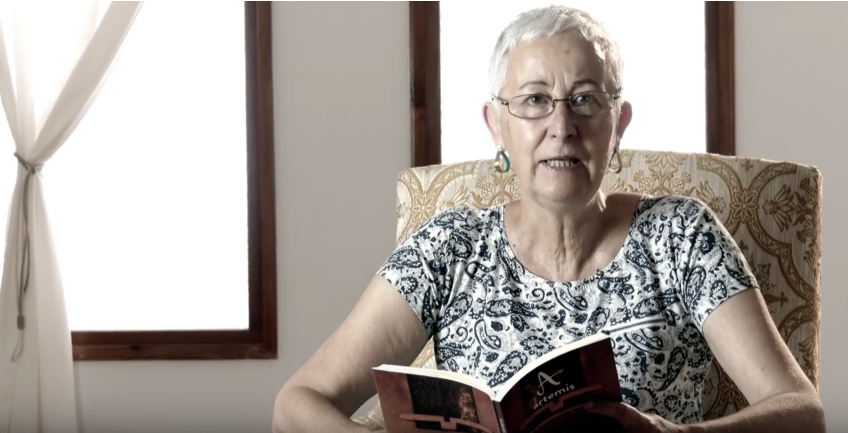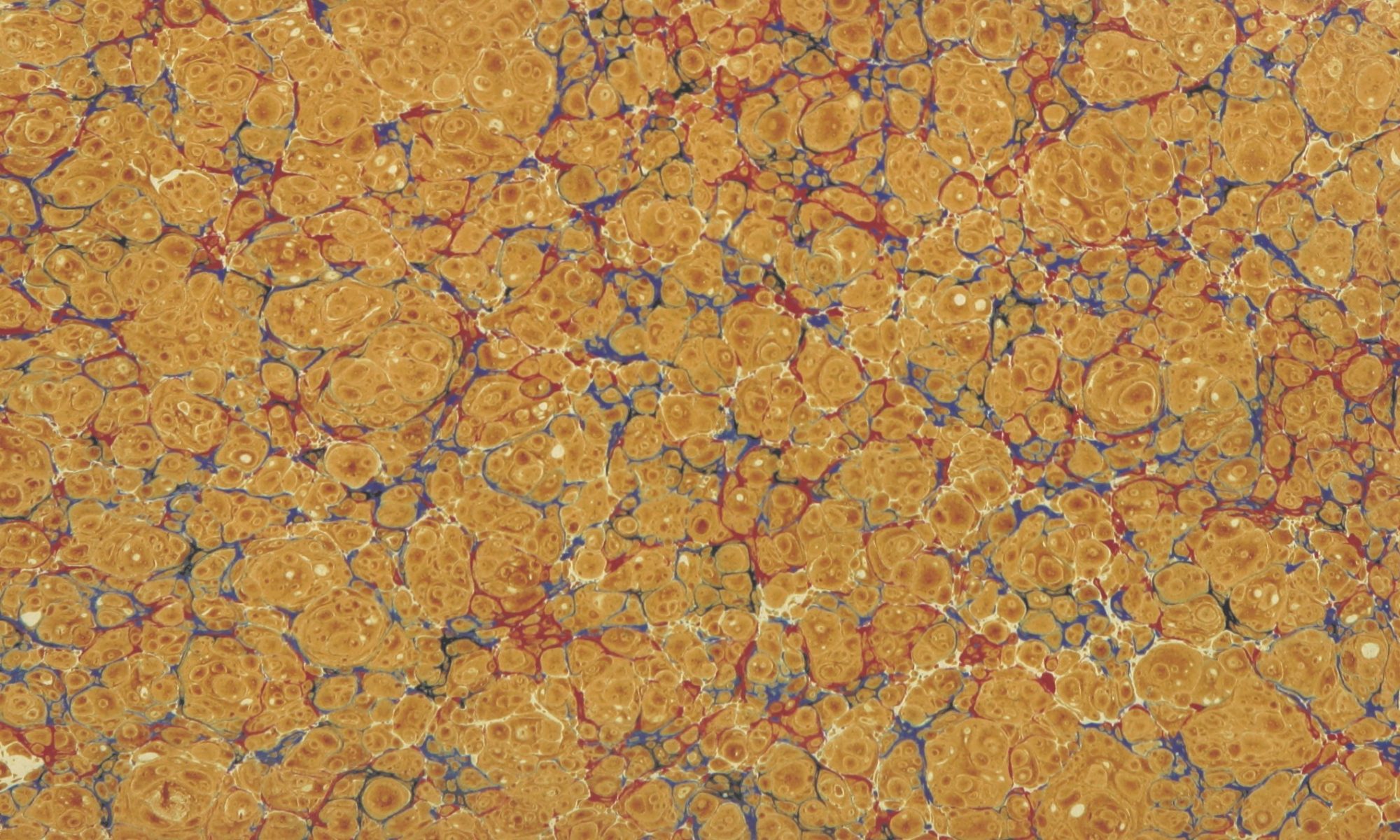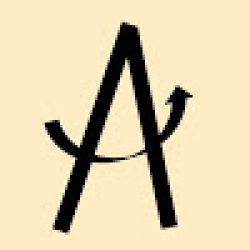
Hebron
Translated by Tamara Muroiwa
Amina is ten years old and has never left Hebron.
She goes to a school with one hundred girls who have never left Hebron.
She knows there are other towns, there, nearby,
and the village where her father was born,
a place of fig trees and goats and loquats and streams.
Amina and her friends have invented a game,
“bus trip,” they call it.
They sit down in twos, solemn, on the ground,
and imagine that day’s journey.
Today we’re going to Ramallah, Amina says, and pays her fare.
Through the window, they watch the houses go by,
Bricked up windows, open windows,
The streets of the market, the mosque, the town squares, the restored quarter…
We’ve reached the checkpoint, another girl says,
and they all sit up straight in their seats.
The soldiers are nice today, the older ones decide,
they show their papers and go through the barrier.
We’re outside!
Look, peaches!
And chickens!
There’s a car overtaking us! Goodbye!
A large village, then a small one,
a mountain, another town, another checkpoint,
another friendly soldier,
and later a beach like the ones on TV,
with boats and waves
“What do you suppose waves really smell like?”
a skyscraper, a hotel, a palace, a crane,
a palm-lined avenue.
Then they alight and have ice-cream
seated in a burger bar,
they buy a Barbie and play in an Internet cafe,
they call their sisters on a shiny mobile phone
to tell them the world is big, rich, beautiful,
that there are streets with no barriers, no armies, no fear…
But the bell has gone and playtime is over.
Amina and her friends go back to class,
to the school in the town they have never left,
to the town in the country that doesn’t exist
from which they can only travel in dreams.
(Of the series Holy West Bank)
Hebron (Hebrón) in Spanish
Amina tiene diez años y nunca ha salido de Hebrón.
Va al colegio con cien niñas que jamás han salido de Hebrón.
Sabe que existen otras ciudades, allí, al lado,
y el pueblo donde nació su padre,
un lugar con higueras y cabras y nísperos y acequias.
Amina y sus amigas han inventado un juego,
el autobús, lo llaman.
Se sientan de dos en dos, muy serias, en el suelo,
e imaginan el viaje de ese día.
Hoy vamos a Ramala, dice Amina, y paga su billete.
Desde la ventanilla, miran pasar las casas,
las ventanas tapiadas, las ventanas abiertas,
las calles del mercado, la mezquita, las plazas, el barrio restaurado…
Llegamos al control, dice otra niña,
y todas se colocan formales en su asiento.
Hoy hay soldados buenos -deciden las mayores-,
enseñan sus papeles y pasan la barrera.
¡Ya estamos en el campo!
¡Mirad, melocotones!
¡Y gallinas!
¡Nos adelanta un coche! ¡Adiós!
Ahora un pueblo grande y luego otro pequeño,
una montaña, otra ciudad, otro control,
otro amable soldado,
y más tarde una playa como las de televisión,
con barcos y con olas
-¿a qué olerán las olas de verdad?-,
un rascacielos, un hotel, un palacio, una cigüeña,
una avenida bordeada de palmeras.
Luego bajan del coche y toman un helado
sentadas en un burger,
se compran una Barbie y juegan en un cibercafé,
llaman a sus hermanas desde un móvil plateado
para contarles que el mundo es grande, rico, hermoso,
que hay calles sin barreras, sin ejércitos, sin miedo…
Pero ha sonado el timbre y el recreo ha acabado.
Amina y sus amigas regresan a la clase,
al colegio de la ciudad de la que nunca han salido,
a la ciudad del país que no existe
y por el que no pueden viajar.
(De la serie Cisjordania Santa)

